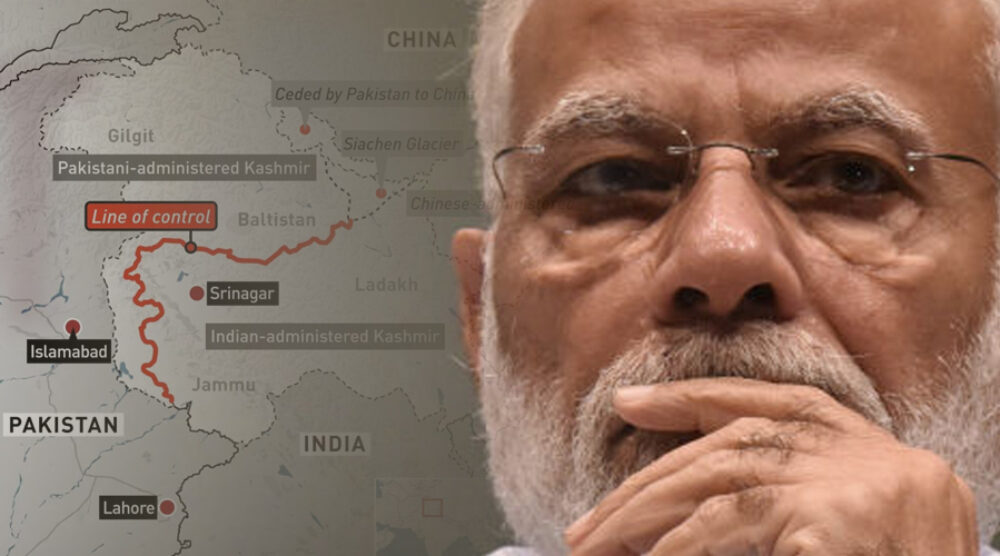IAN HALL |
On 5 August, Narendra Modi’s newly reelected government announced that it was revoking Article 370 of the Indian Constitution, which conferred special status on the state of Jammu and Kashmir. It declared that it intended to split that state into two parts, render the area of Ladakh and what was left of Jammu and Kashmir into Union Territories, rather than full states. Finally, it also moved to revoke Article 35A, which had allowed the former government of Jammu and Kashmir to determine who was a resident of the state and who was therefore allowed to buy and sell property within its borders.
These were dramatic moves. They were immediately denounced by Pakistan’s Prime Minister Imran Khan, who tweeted that he feared the ‘ethnic cleansing’ of Kashmiri Muslims would follow. It was also criticised by Beijing, which holds territory once part of Jammu and Kashmir, including some ceded to China by Pakistan in 1963. New Delhi’s actions, Beijing complained, would complicate negotiations to settle their long running border dispute with India. And elsewhere it was met with a mixture of concern and alarm, on the grounds that the Modi government’s actions might cause further civil unrest within Jammu and Kashmir or conflict between India and Pakistan, which claims the territory should belong to it.
Please click here to read the full “Why did the Modi government take the risk of revoking Kashmir’s special status?” article published at Transforming Society, written by Griffith Asia Institute Deputy Director, Research, Professor Ian Hall.








